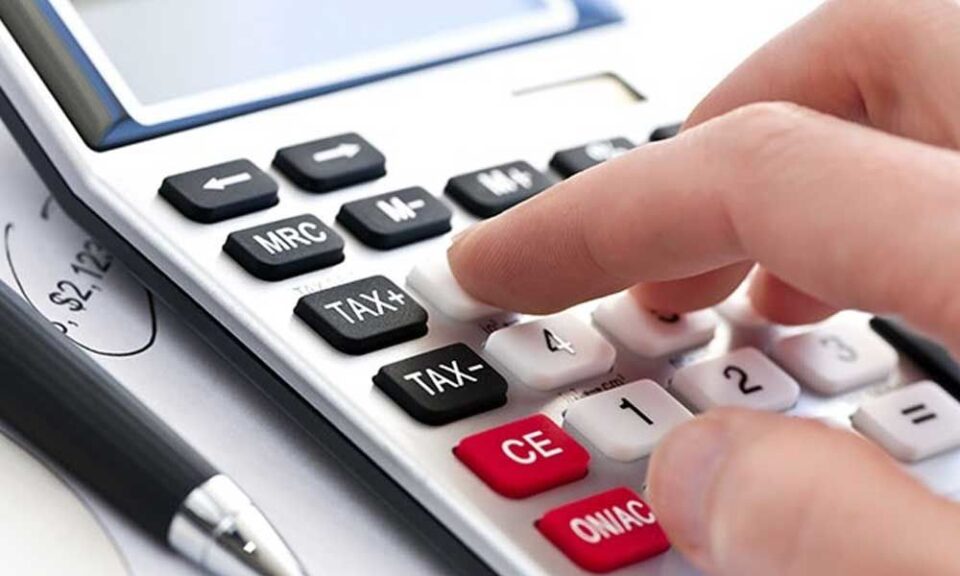Keeping track of receipts can feel overwhelming, but it doesn’t have to be. A well-organized receipt file system can save time, reduce stress, and even protect your finances. Whether managing personal expenses or running an online store (ร้านค้าบนเว็บ, which is the term in Thai), having a clear process ensures you’re always prepared when documentation is needed.
Why an Organized Receipt File Matters
Receipts are more than just paper clutter; they’re proof of transactions. For individuals, they help track spending and streamline budgeting. For businesses, especially online stores, receipts are vital for accounting, tax preparation, and resolving disputes. Losing these records can lead to financial headaches, so setting up a reliable system is crucial.
Practical Tips for Organizing Receipts
-
Choose the Right Tools
Start by deciding how you want to store your receipts. Physical filing systems, like expandable folders or binders, are great for paper receipts. For a digital approach, consider apps that scan and organize receipts automatically.
-
Sort by Category
Divide receipts into clear categories, such as groceries, utilities, or business expenses. For those running an online store, create specific sections for inventory, shipping costs, and customer refunds. Labeling your categories reduces the time spent searching for a specific receipt.
-
Establish a Routine
Make it a habit to sort and store receipts regularly. A weekly review is often enough to prevent clutter. Dedicate 10-15 minutes to add new receipts to your system, whether physical or digital. This simple routine keeps everything up to date.
-
Use Digital Backup
Paper receipts fade over time, making digital backups essential. Scan important documents and store them in a cloud-based system for easy access. Look for tools that automatically organize your files for convenience.
-
Purge Old Receipts
Not all receipts need to be kept forever. Review your collection periodically and discard items that are no longer necessary. For personal expenses, consider keeping receipts for one year, while business-related receipts may need to be stored longer based on local tax laws.
-
Invest in a Quality Receipt File
A durable receipt file (ไฟล์ใบเสร็จรับเงิน, term in Thai) makes a difference. Choose one that’s spacious and easy to use. For a digital equivalent, prioritize software that offers secure storage and intuitive categorization.
The Benefits of Staying Organized
An effective receipt system saves time and eliminates frustration. It also ensures compliance with tax regulations and fosters better financial habits. For businesses, it strengthens customer trust and simplifies bookkeeping.
Final Thoughts
Receipt organization isn’t just about neatness—it’s about control. By implementing a simple system and sticking to it, individuals and businesses alike can enjoy peace of mind. Start small, stay consistent, and watch how much smoother managing expenses becomes.
Organizing receipts may seem like a small task, but the benefits are significant. With the right tools and habits, anyone can master this essential skill.

